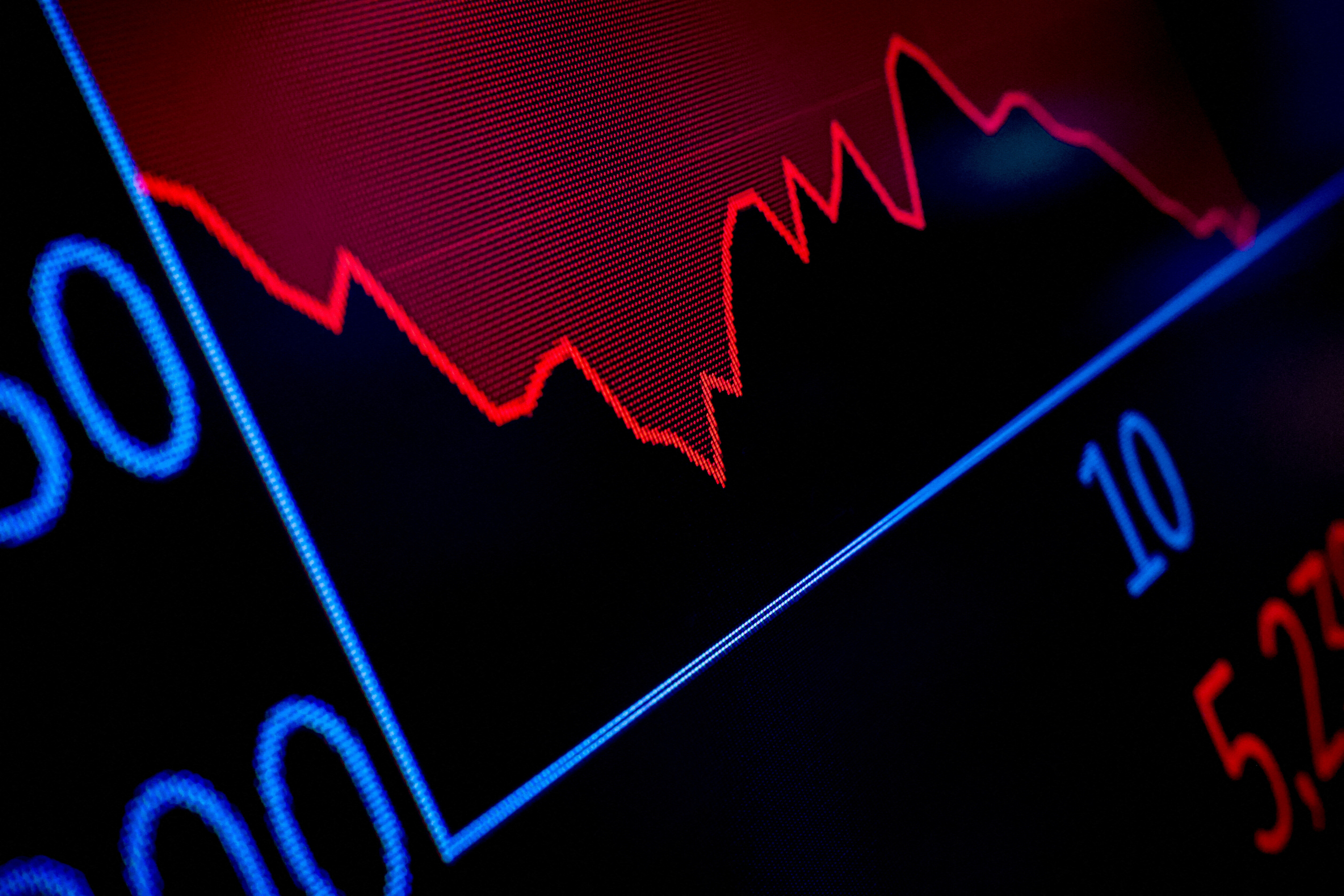Here's why the social dimension of supply chains demands more attention

Creating a circular, ethical supply chain will benefit society and the planet. Image: Erlend Ekseth on Unsplash
Listen to the article
- Efforts towards socially sustainable supply chains are not only a moral imperative, but also indispensable for ecological, legal and economic reasons.
- This is because social sustainability is a cornerstone of environmental initiatives.
- And, social sustainability makes business sense.
For some years, the development of global working conditions has stagnated, to some extent even declined. This 2023 report on World Employment and Social Outlook Trends by the International Labour Organisation suggests that in 2022 the rate of extreme working poverty in low-income countries was the same as in 2019. Globally, 27.6 million people were held in forced labour on any given day in 2021. Some argue that conflicting goals prevent us from improving this horrific situation.
The disruptions caused by the COVID-19 pandemic, war, inflation and climate change, among others, demand decisive actions by corporate leaders. Therefore, to no surprise, conversations with board members indicate that not enough attention is being paid to the social dimension of corporate sustainability. However, these challenges are not necessarily part of a zero-sum game.
Efforts towards socially sustainable supply chains are not only a moral imperative, but also indispensable for ecological, legal and economic reasons. Here’s why:
How is the World Economic Forum ensuring sustainable global markets?
1. Social sustainability as a cornerstone of environmental initiatives
Recently, the effects on social sustainability by environmental initiatives have been seen more critically. The global focus on sustainability has shifted towards climate action, yet the United Nations lists 16 additional sustainable development goals. These goals can be conflicted. Most prominently, the global electrification of the automobile industry greatly multiplies the demand for raw materials in the next decades. This supports climate action as an environmental sustainability development goal but increases the dependency on industries with bad human rights records and other environmental issues.
We cannot ignore these problems and must work on holistic approaches that incorporate all sustainable development goals. In this regard, a key factor will be to understand that interdependencies often characterise the relationship between social and environmental sustainability factors. This knowledge will alert us to unintended effects on other sustainability aspects. Furthermore, by utilising these connections, sustainability measures will be more efficient holistically and their acceptance will be amplified.
Take the mining of bauxite as an example of interdependency. Bauxite is the world´s main source of aluminium and gallium. The extraction process is known to cause severe health and safety issues. At the same time, it involves air, water and soil pollution. Thus, protecting employees and residents from the harmful effects of the extraction and storing of bauxite would also benefit environmental objectives, e.g. soil conservation. These measures benefit more stakeholders than a one-dimensional approach and can increase their acceptance. If we are considering that the world’s largest reserves of bauxite can be found in West Africa, where the implementation of human and ecological rights standards remains partially weak, this interdependency becomes even more salient.
Hence, social sustainability is not generally in conflict with environmental goals. If the relationship between these objectives is truly reflected, both can be pursued far more efficiently.
2. Legislators tighten the reins
Looking at current legislative initiatives it becomes clear that the times of self-regulation are over. The UN - Guiding Principles of Business and Human Rights, the OECD Guidelines for Multinational Enterprises and the UN 2030 Agenda for Sustainable Development all delivered significant groundwork in setting common standards. However, they were only the starting point of a path from soft law towards hard law standards.
This holds especially true for the EU regulation initiatives. The EU's Conflict-Minerals-Regulation has been in place since 2021. This standardises requirements for EU importers of minerals with special environmental and social sustainability risks, such as gold, tin, tantalum and tungsten. Increased due diligence requirements apply to imports from conflict and high-risk areas where a 'fragile situation' prevails. A planned EU-Corporate Sustainability Due-Diligence Directive is intended to set EU-wide standards for social and human rights obligations and environmental duties along the value chain. A corresponding initiative is the envisaged EU-Forced Labour Regulation, which is aimed at the banning of products made by forced labour.
On a national level, Germany has adopted the Supply Chain Act. This foresees, inter alia, as a last resort the termination of business relationships in case of severe human rights violations. Thus, if companies already incorporate social standards within their business decisions and trade relations, they become a lot less susceptible to sanctions or the need to rearrange trade relations in the future.
3. Social sustainability makes business sense
It would be an oversimplification to state that the implementation of human rights and social standards leads to a stronger economic performance in every case. Yet, while it is of course a moral imperative, there are three aspects that outline the possible economic advantages of social sustainability. Firstly, by evaluating value chains, companies are able to make decisions based on a more in-depth factual basis. The continuous collection, analysis and processing of value chain-related data generates transparency that can be instrumental in determining competitors, future risks (e.g. social unrest or intra-state conflicts) and business opportunities. Knowing the value chain also helps to avert reputational damages (e.g. media allegations concerning the use of forced labour in the electric vehicle industry).
Secondly, social sustainability is closely tied to the diversification of supply chains. The search for complementary trade relations that meet social standards often also leads to more resilient supply chains. Therefore, social stability serves as an additional safeguard. Lastly, a strategy of social sustainability can foster innovation. This does not only apply to the determination of risks (e.g. blockchain solutions for aluminium traceability). As companies face structural challenges within their supply chains, the employment of new technologies (e.g. circular economy solutions), alternative raw materials and additional cooperation might also open new business perspectives.
Investors, employees, consumers and regulators demand further steps to be taken in reinforcing socially sustainable supply chains. In the future, these demands will only intensify. While in the short term, it will involve more bureaucracy and investments to expand or even build capacities, being a role model and a pioneer can provide a competitive advantage in the long run.
This is a global project and companies should not approach it alone. Moreover, improving transparency along global supply chains will require a coherent approach to rules, as well as a close relationship between governmental and private actors. Additionally, companies should foster partnerships with NGOs, innovators and local stakeholders to share and expand their knowledge."
Find out more about the World Economic Forum's initiatives on Trade and Inclusive Trade
Don't miss any update on this topic
Create a free account and access your personalized content collection with our latest publications and analyses.
License and Republishing
World Economic Forum articles may be republished in accordance with the Creative Commons Attribution-NonCommercial-NoDerivatives 4.0 International Public License, and in accordance with our Terms of Use.
The views expressed in this article are those of the author alone and not the World Economic Forum.
Stay up to date:
Trade and Investment
Forum Stories newsletter
Bringing you weekly curated insights and analysis on the global issues that matter.







